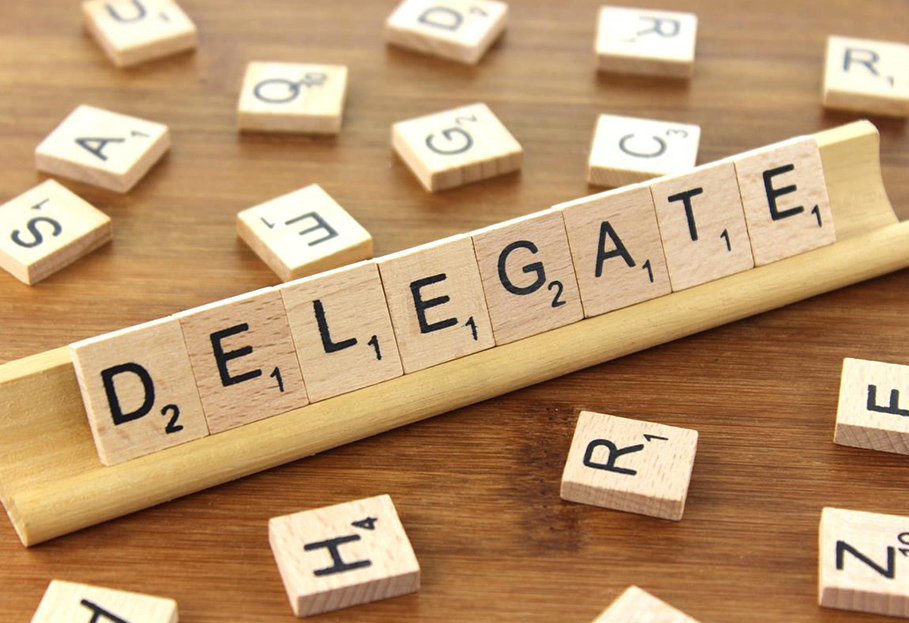For the grand majority of Associations, it is simply not possible for the Board of Directors to personally do everything necessary in order to run their HOA smoothly. The solution to this problem is easy, delegation to committees! Often, the importance of delegation is underestimated either because it can be difficult to know what tasks are appropriate to delegate or because Board Members are nervous to delegate tasks. I mean, what if the person you delegate to doesn’t do a good job?
Fortunately, there is a tried and true system to successful delegation. Implementing the steps listed below will have you and your fellow Board Members delegating like a pro in no time!
Decide What to Delegate
Not every task is appropriate to delegate. But there are many day-to-day tasks associated with the management of HOA’s that would be the perfect choice to delegate to Committee Members. Once you know which tasks can be delegated, you can move to step two.
Creating The Right Committees
If your community only hosts one event a year, then chances are you don’t really need an Events Committee. However, if your community’s CC&R’s have multiple restrictions on what type of landscaping residents can have in their front yard, then you might benefit greatly by establishing a Landscape Committee. No two communities are exactly the same, so what might work well in your friends Association won’t necessarily work for yours. Use the list that was created in step one as a guide for what type of committees your community would actually benefit from.
Communicate- Clearly and Often
Setting a pattern for clear communication at the inception of a committee ensures that it will be successful. Part of successful communication with your Committee Members is setting clear goals and expectations for the committee itself. Clarity of role will help to keep projects moving along toward completion.
Trust, but verify!
Delegation is an act of trust. When you assign a task to a committee you are telling them that you trust them to do the right thing for the Association and community as a whole. Trust goes both ways so it’s more than appropriate to check in with committees regularly to make sure they are functioning properly. This also gives the Board an opportunity to see if the committee needs any assistance from the Board to complete its tasks. This system of trust and verification strengthens the committee and drastically improves results.
Good leadership isn’t about doing everything yourself but rather it’s about implementing strategies that get everything done by the right people. Regularly reminding yourself and your fellow Board Members of the value of delegation: increased productivity, improved community relationships, efficient use of time and funds, etc., will give you the motivation you need to start or keep delegating for the greater good of your community!

